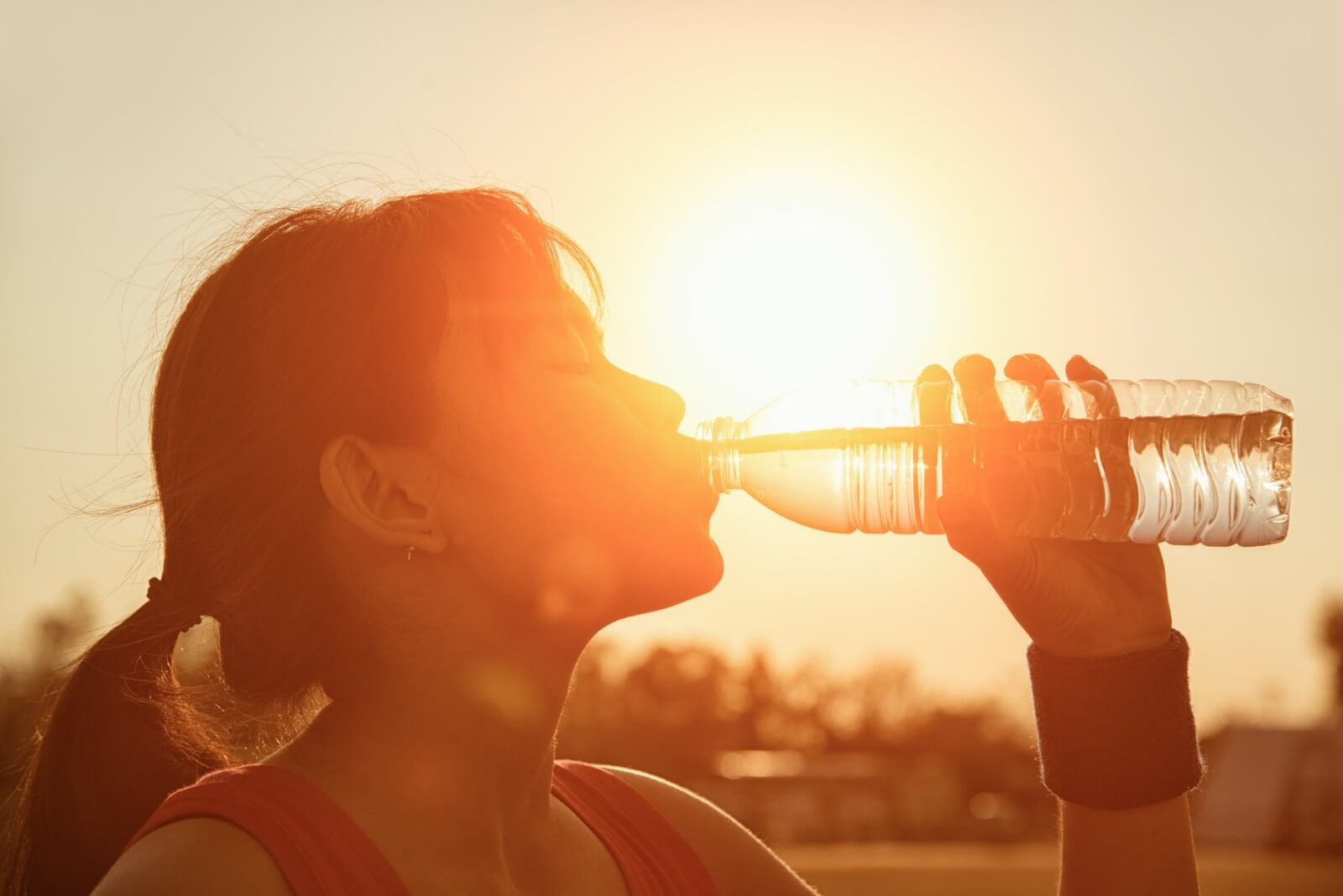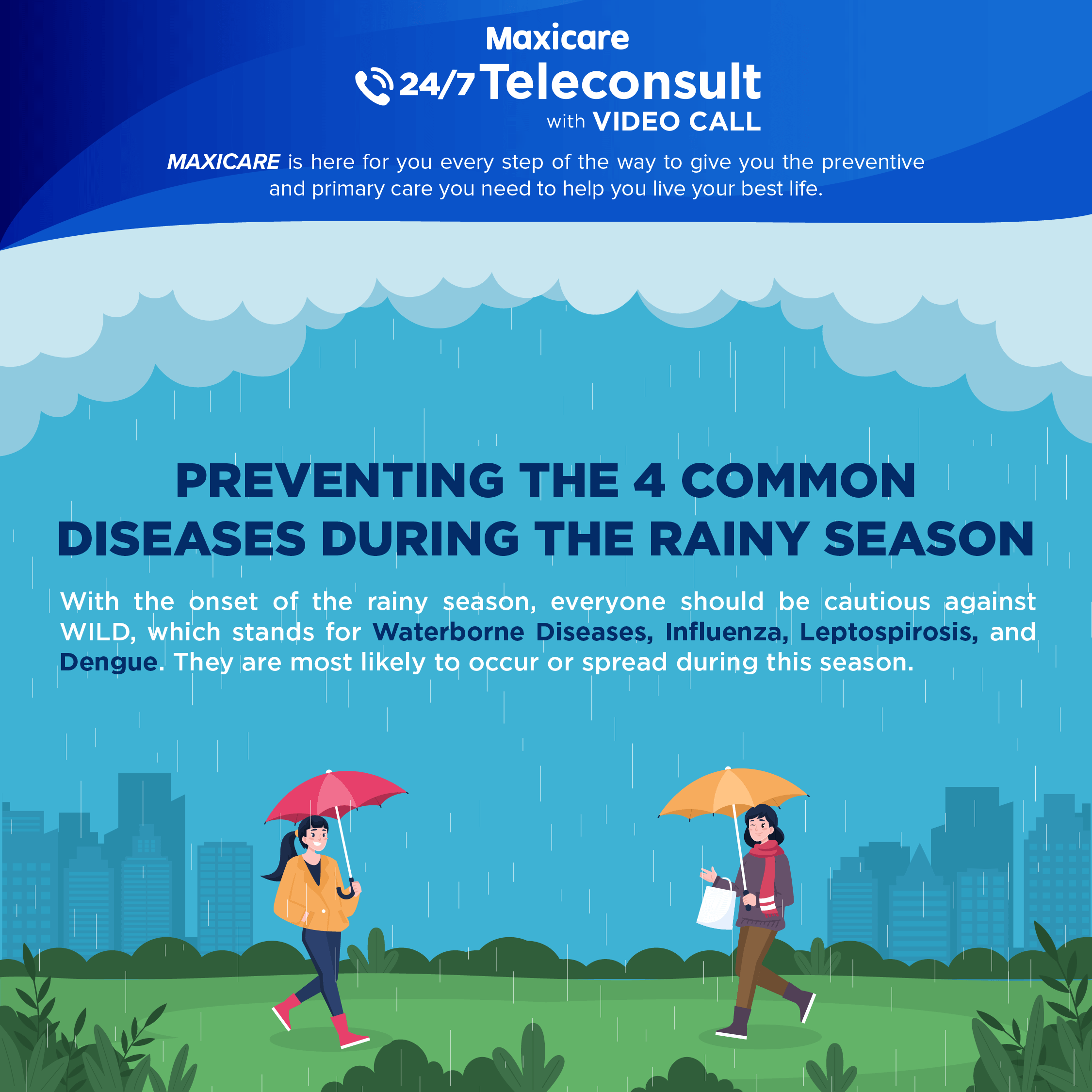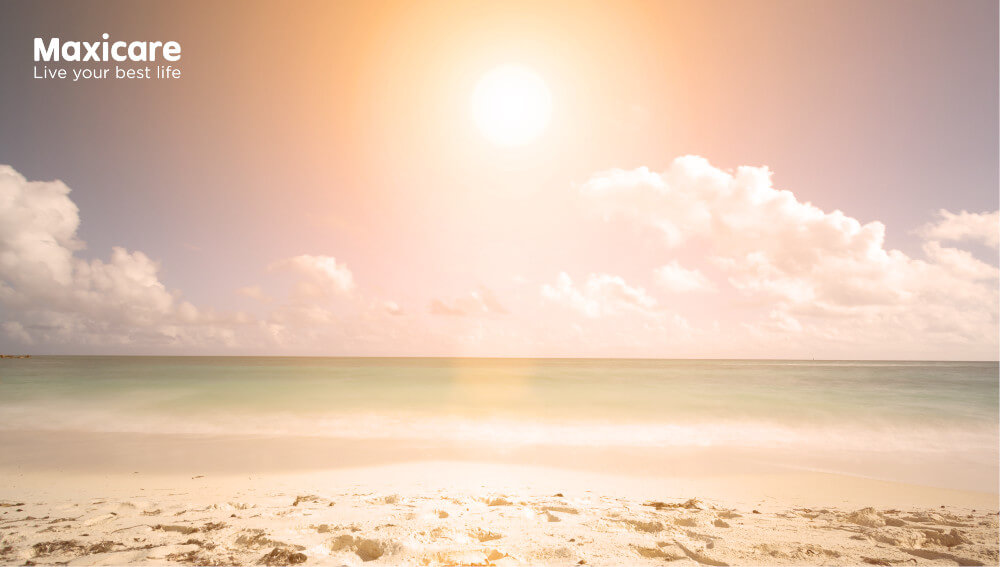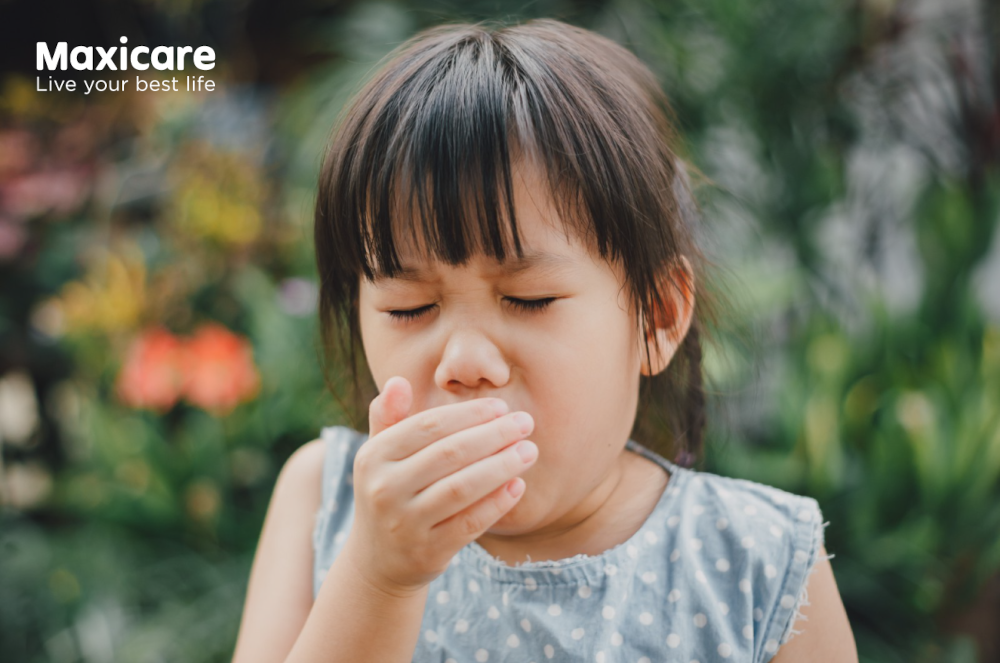
It’s scorching this Summer! With the heat index going as high as 48 degrees Celsius, heatstroke can be a serious threat to people’s health.
Heatstroke occurs when the body can no longer control its temperature: it rises rapidly and cannot cool down. When this happens, the body temperature can rise to 106°F or higher within 10 to 15 minutes.
Signs and symptoms of heatstroke include: a) confusion, b) slurred speech, c) loss of consciousness, d) profused sweating, e) seizures, and f) very high body temperature.
People with heatstroke can develop shock or slip into a coma. High body temperature can reduce blood flow to the heart and lead to other circulatory problems. It can also cause nerve damage, metabolic dysfunction, brain swelling, and even kidney failure.
How to prevent heatstroke
Following simple tips to stay cool can prevent heatstroke.
- Stay out of the sun during the hottest part of the day. Stay in the shade when possible.
- Avoid strenuous physical activity in hot, humid conditions.
- Stay hydrated throughout the day but avoid drinks with caffeine or alcohol, as they can cause dehydration.
- Stay in well-ventilated areas.
- Wear lightweight, light-colored, and loose-fitting clothing.
- Take showers or baths to control body temperature.
- Choose light and healthy meals such as salads and fruits.
When you suspect heatstroke in a person, move the person to a shaded, cool area and remove the outer clothing. Place cold wet cloths or ice on the head, neck, armpits, and groin; or soak the clothing with cool water.
Heatstroke is a life-threatening condition, so keep hydrated this summer season. If you are experiencing any signs and symptoms of heatstroke, consult a doctor via Maxicare’s 24/7 Teleconsult Hotline or the Doctor Anywhere App. For lab tests and diagnostic procedures, you may go to the nearest Maxicare Primary Care Clinic.
References:
https://my.clevelandclinic.org/health/diseases/21812-heatstroke
https://emedicine.medscape.com/article/166320-overview
https://www.cdc.gov/niosh/topics/heatstress/heatrelillness.html














